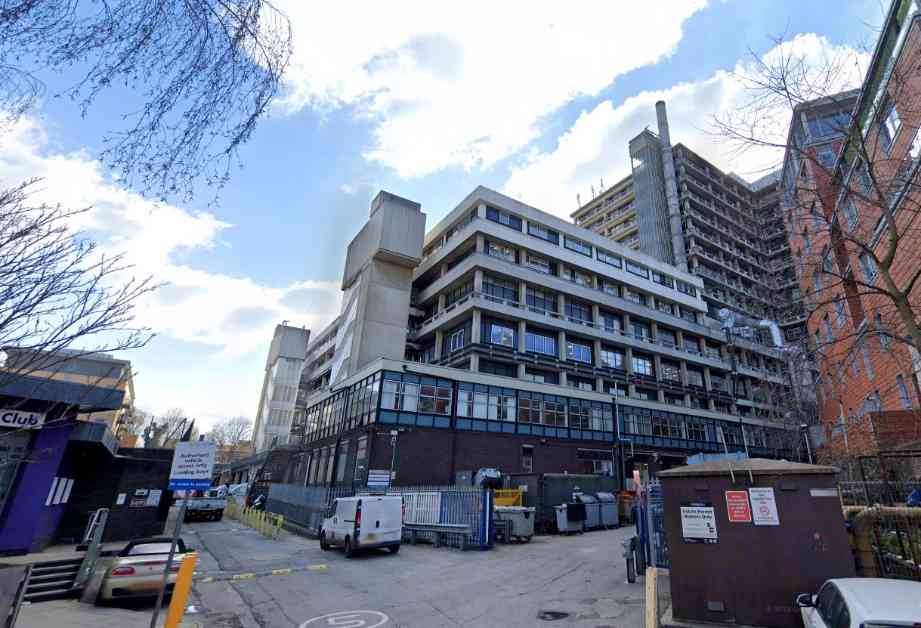Hospital Trusts Merger to Bring Enhanced Healthcare Services
In a significant development for the healthcare sector, the merger of two prominent hospital trusts is on the horizon. The Royal Free London (RFL) NHS Foundation and North Middlesex University Hospital NHS Trust are poised to combine forces by the beginning of next year. This strategic move aims to streamline operations, improve patient care, and address the challenges faced by the local population.
The groundwork for this merger was laid out earlier this year, with the completion of the case for combining the two trusts in July. RFL CEO, Pete Landstrom, confirmed that the proposal has been submitted to NHS England for final approval. This marks a critical step towards the formal merger, which is tentatively scheduled for January 1, 2025, pending the green light from NHS England in the autumn.
Potential Benefits of the Merger
The impending merger holds the promise of several key benefits for both RFL and North Middlesex hospitals. Among these anticipated advantages are reduced waiting times, access to new treatments, and the opportunity to share valuable medical research. By pooling their resources and expertise, the merged entity aims to enhance healthcare delivery, innovate patient services, and ensure equitable care for all individuals in their catchment area.
The collaboration between RFL and North Middlesex dates back several years, evolving from clinical partners to formal allies. The decision to explore a merger was made public in January, reflecting a shared commitment to driving operational efficiencies and improving overall performance. As the merger progresses, stakeholders are optimistic about the positive impact it will have on enhancing the quality of healthcare services provided by both trusts.
Addressing Concerns and Ensuring Quality Care
During a recent meeting of Camden Council’s health and adult social care scrutiny committee, concerns were raised about the potential distractions that mergers can pose in the context of service improvement. Cllr Anna Burrage questioned how the merger would address the areas of improvement highlighted in the Care Quality Commission (CQC) reports from the previous year. Both trusts had received “requires improvement” ratings in key areas such as safety, responsiveness, and leadership.
In response to these concerns, Landstrom emphasized the importance of maintaining a laser focus on patient care, service improvement, and quality enhancement. He reassured stakeholders that the local executive teams at each hospital would remain dedicated to delivering and enhancing core services. While acknowledging the risks associated with mergers, Landstrom underscored the commitment to empowering local teams, sharing best practices, and leveraging resources efficiently to drive continuous improvement.
Future Outlook and Strategic Direction
Looking ahead, the leadership of RFL and North Middlesex remains steadfast in their dedication to enhancing healthcare services and fostering a culture of excellence. Landstrom confirmed that there are no immediate plans to integrate additional bodies into the Royal Free Group, emphasizing the importance of maintaining local presence and representation. By prioritizing patient-centric care, innovation, and collaboration, the merged entity aims to set new benchmarks for healthcare delivery and quality outcomes in the region.
As the merger progresses towards formalization, stakeholders are optimistic about the transformative impact it will have on healthcare services in the local community. By leveraging synergies, driving operational efficiencies, and fostering a culture of continuous improvement, the merged hospital trusts are poised to deliver enhanced healthcare services that meet the evolving needs of the population they serve.












